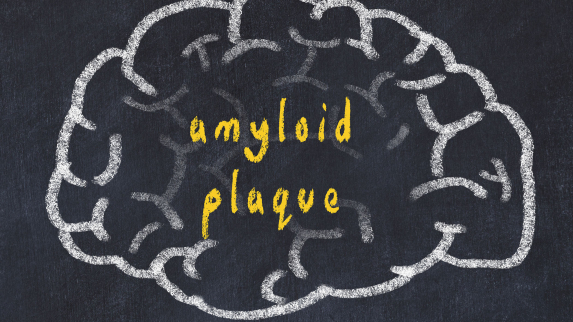A team of Rutgers undergraduates has shown that an experimental drug known as Yoda1 may help drain cranial waste plus neurotoxins that cause Alzheimer’s disease and other forms of dementia. “The brain’s lymphatic system is one of the hottest research areas in all of medicine right now because it has only been re-discovered in the past 10 years, and it’s clearly vital to healthy brain function and, very likely, developing dementias like Alzheimer’s,” said Max Tischfield, a resident scientist at the Child Health Institute of New Jersey at Rutgers Robert Wood Johnson Medical School and an assistant professor of cell biology and neuroscience at Rutgers University-New Brunswick.
“The team for this study took a very out-of-the-box approach and studied a human cranial facial disorder called craniosynostosis that creates excess pressure inside the skull,” added Tischfield, the senior author of the study, who conducted the research with honors undergraduate students from the Department of Genetics and Department of Cell Biology and Neuroscience. To read the full story.

